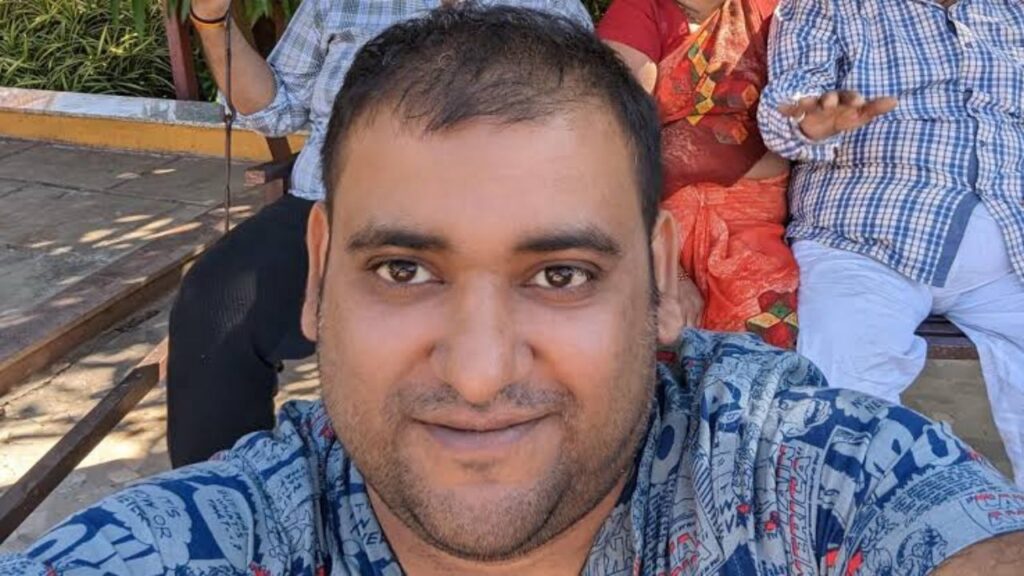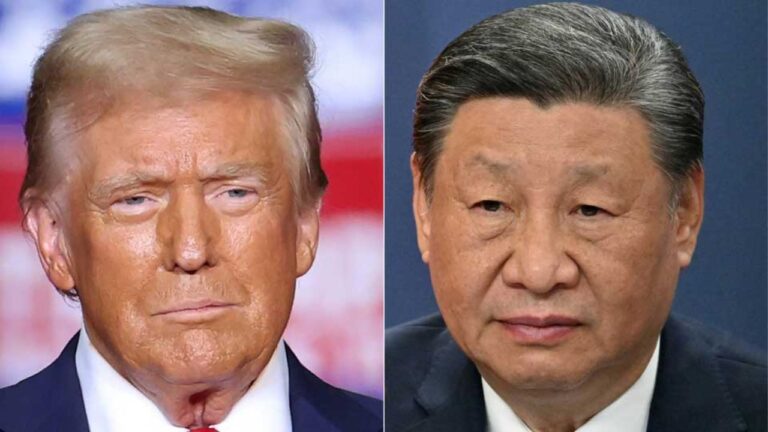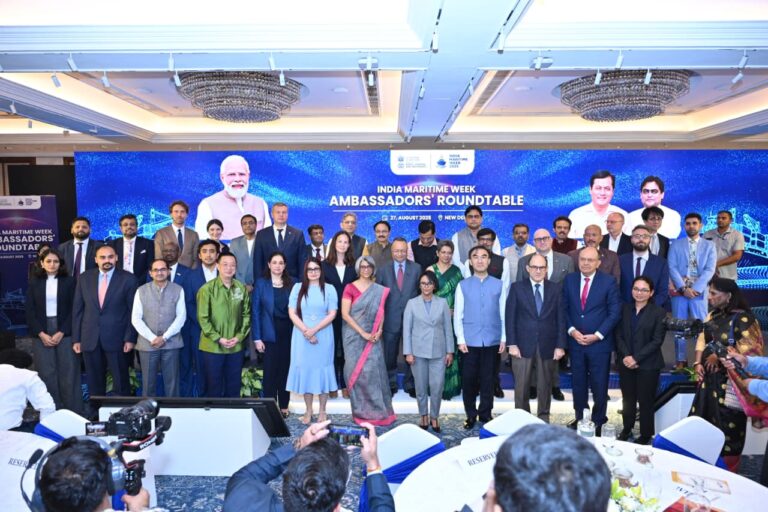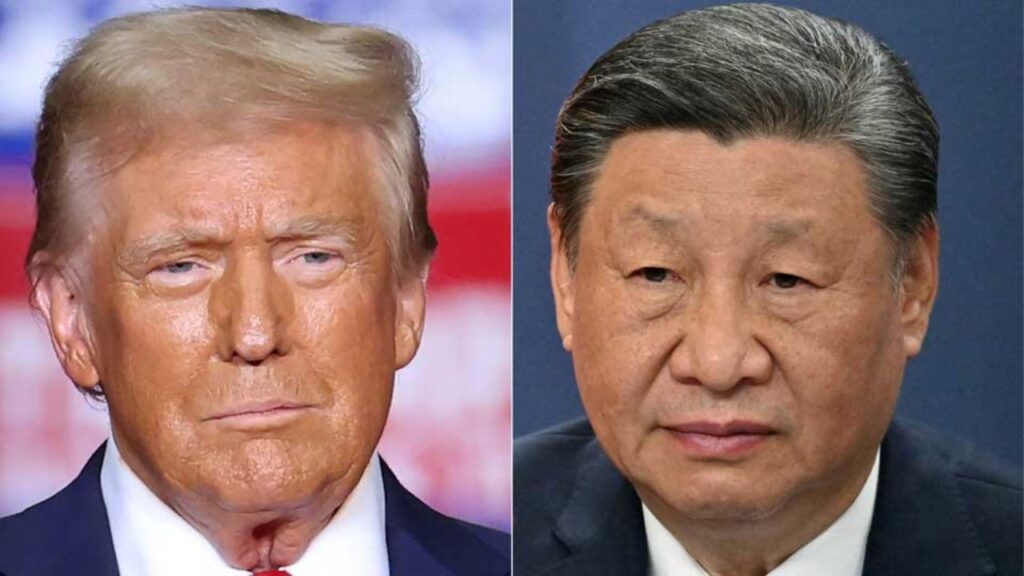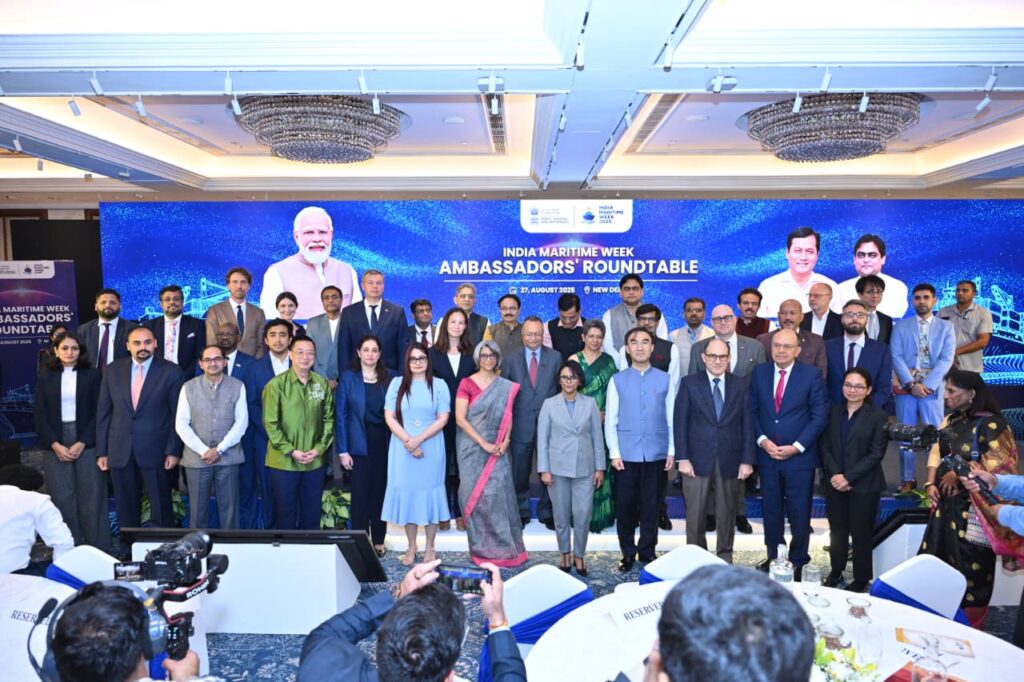In December last year, the Supreme Court had laid down eight key criteria for determining the amount of permanent alimony in divorce cases. This directive came amid ongoing discussions sparked by the death of a Bengaluru-based software engineer Atul Subhash, who had accused his wife and in-laws of harassment and extortion before taking his life. Subhash died by suicide on December 9 last year, leaving behind a video and a 24-page note accusing his wife, Nikita, and her family of harassment.
In his note, Subhash detailed years of legal disputes in a family court in Uttar Pradesh and alleged that Nikita filed false cases against him, including dowry demands, unnatural sex, and murder. He also highlighted her demands for high-maintenance payments and her conduct during court proceedings. Subhash, originally from Uttar Pradesh, was found dead in his Bengaluru apartment, triggering widespread debate over marital disputes and legal proceedings.
While hearing the divorce case of Praveen Kumar Jain and Anju Jain, a SC bench comprising Justices Vikram Nath and Prasanna B Varale had ordered Praveen Kumar Jain to pay Rs 5 crore in alimony to his wife. The court had outlined an eight-point guideline for assessing alimony in its ruling.
1. The social and financial status of the parties
2. The reasonable needs of the wife and dependent children
3. The qualifications and employment status of both parties
4. The applicant’s independent income or assets
5. The standard of living enjoyed by the wife in the matrimonial home
6. Career sacrifices made by either spouse for family responsibilities
7. Litigation expenses for a non-working wife
8. The husband’s financial capacity, income, and existing liabilities
The top court clarified that these factors are not rigid rules but serve as guidelines for determining alimony.
Alimony laws or maintenance provided to either party after or during the dissolution of marriage by the court of law can be considered as challenging for either of the parties whereas a relief for others. But in India, divorce is considered most challenging as the main objective of court in disputes arising out of family matters is to restore the parties to the earlier position and provide for the preservation of the marriage.
The term ‘divorce’ has been derived from the Latin word ‘divortium’ meaning separation. Divorce means the legal dissolution of the marital union between a man and a woman which is granted by the court of law after receiving a petition from either wife or husband.
A petitioner who files a petition for dissolution of marriage to claim maintenance has a burden of proof. The degree of proof required is a preponderance of evidence, not proof beyond a reasonable doubt. It extends to the admissibility of evidence.
Maintenance is essential for providing financial support to economically disadvantaged spouses after dissolution. The court of law can order either party to provide alimony to the aggrieved party if that party is unable to maintain himself/herself even during the pendency of court proceedings or in some cases can ask the either party to provide fixed monthly/quarterly payments that varies from case to case.
Alimony cases are governed by various laws in India and vary from religion to religion depending upon their personal laws. Under Hindu Marriage Act 1955, both parties have the legal right to claim alimony as per Sec 24. Sec 25 of Hindu Marriage Act 1955 specifically emphasizes upon permanent maintenance.
Whereas under Muslim Personal Law (Shariat) Application Act 1937, the term “Mehr” (alimony) is referred to as mandatory payment given by husband to wife.
The Parsi and Christian Personal Laws also contain various provisions related to maintenance. It has also been noticed that alimony is taxable in nature in India and is subject to income tax under the Indian Income Tax Act. It is generally seen as income to the aggrieved spouse.
When we specifically deal with alimony cases under Hindu laws, the wife has an option to claim maintenance under Sec 18 of Hindu Adoption and Maintenance Act 1956. The wife is entitled for maintenance under various conditions:
- If the wife has been abandoned by the husband without any reasonable cause and justification and without her consent.
- If the husband gets converted to another religion.
- If the husband has another spouse living during subsistence of marriage Sec 5 of Hindu Marriage Act 1955
- If the whereabouts of the husband has not been known for about 7 years or he is suffering from venereal disease like leprosy.
- If husband keeps a concubine in the same house where the wife is living.
Under the Special Marriage Act 1954, only the wife has the legal right to claim maintenance in dissolution of marriage. The court of law undergoes various factors in order to provide maintenance to either of the spouses such as income and earnings of both the parties, lifestyle, age and conditions of parties, requirements and responsibilities of the spouses, economic conditions etc.
There is no fixed rule or formula for calculation of alimony by various courts. It basically considers net monthly income of spouse, standard of living of spouse during marriage, financial requirements and ability of spouse providing alimony.
The court can also order lump sum payment instead of periodic payment depending upon the facts and circumstances of cases.
Dissolution of marriage in India is seen as emotionally and financially traumatic for individuals and their families. Alimony can have a significant impact on both the spouses. It can provide relief and financial stability to the aggrieved spouse on one hand, whereas it can be burdensome leading to resentment and causing financial strain to the other party.
In one of the recent judgments- Rinku Baheti v. Sandesh Sharda, the Court established that while a wife is entitled to maintain her matrimonial lifestyle as far as possible, the husband cannot be perpetually obligated to maintain her according to his evolving financial prosperous, but such claims are notably absent when the spouse’s wealth has diminished post-separation.
The Supreme Court had ruled in one of the cases that a wife cannot demand maintenance simply on the basis of husband’s current income or wealth instead the court will analyse the requirements and reasonable needs.
The Supreme Court also strictly warns about the misuse of Sec 498A which basically deals to provide an adequate punishment for any cruelty inflicted on a married woman by the husband and his relatives. The punishment is imprisonment for three years and fine. The offence is cognizable and non-bailable in nature.

